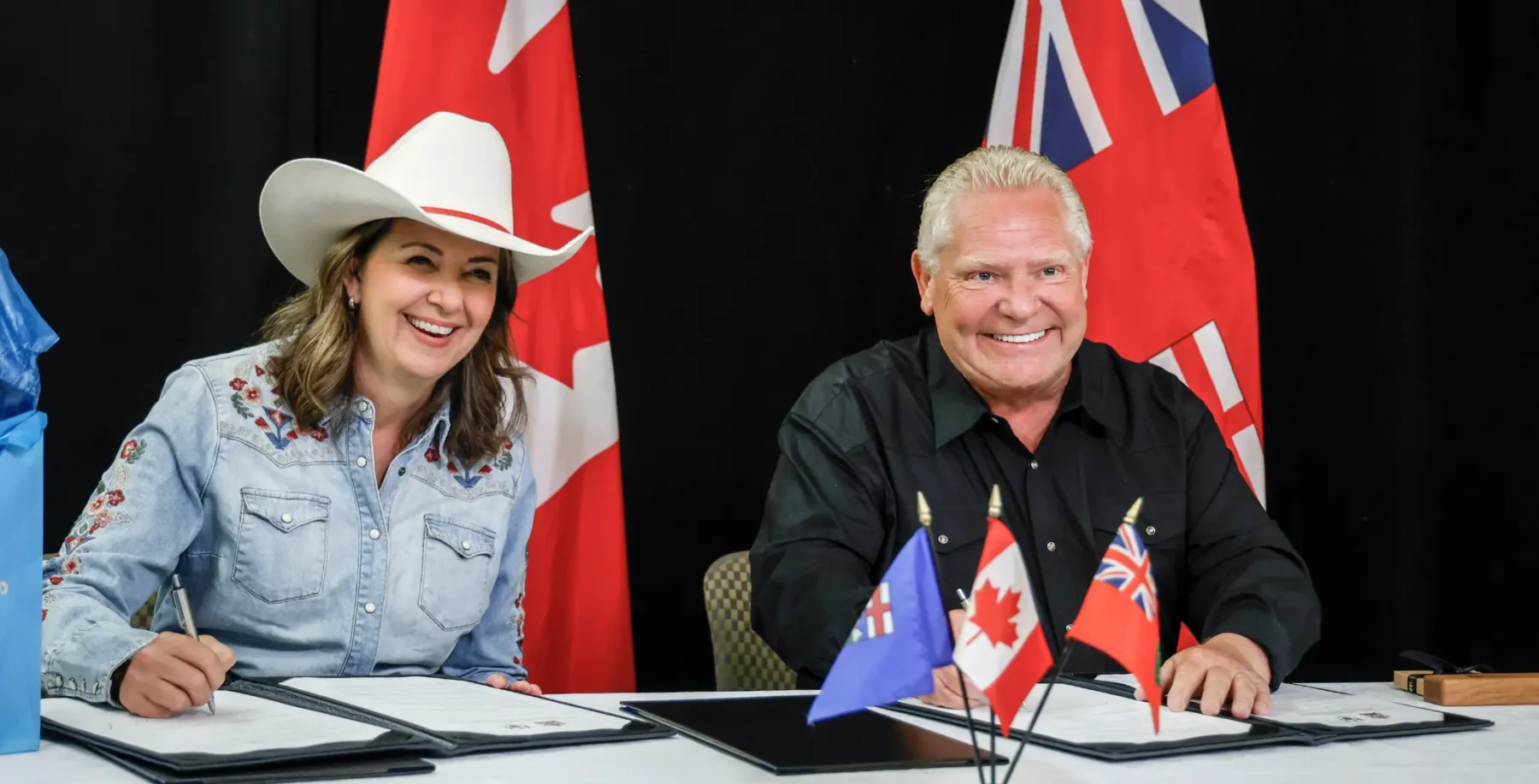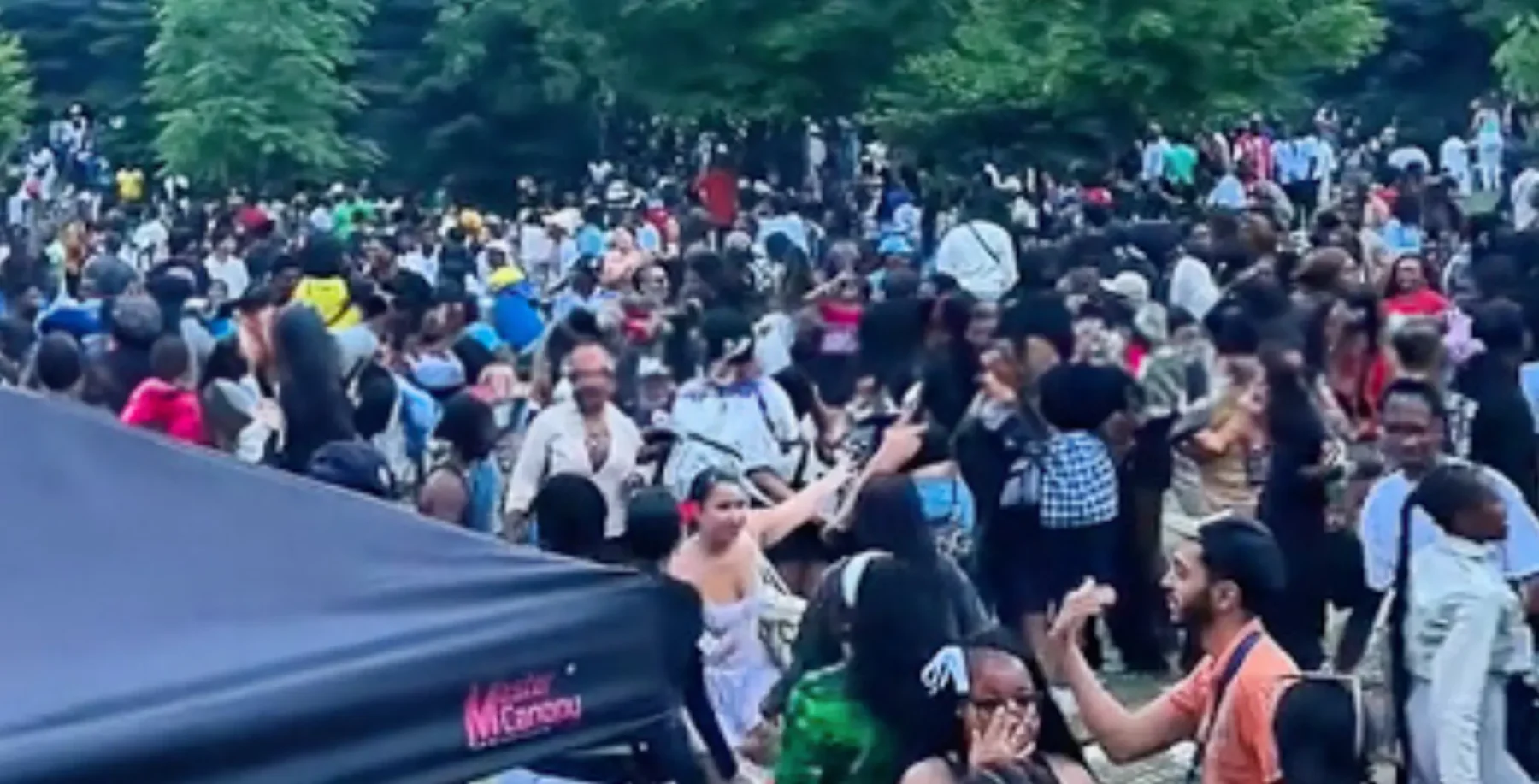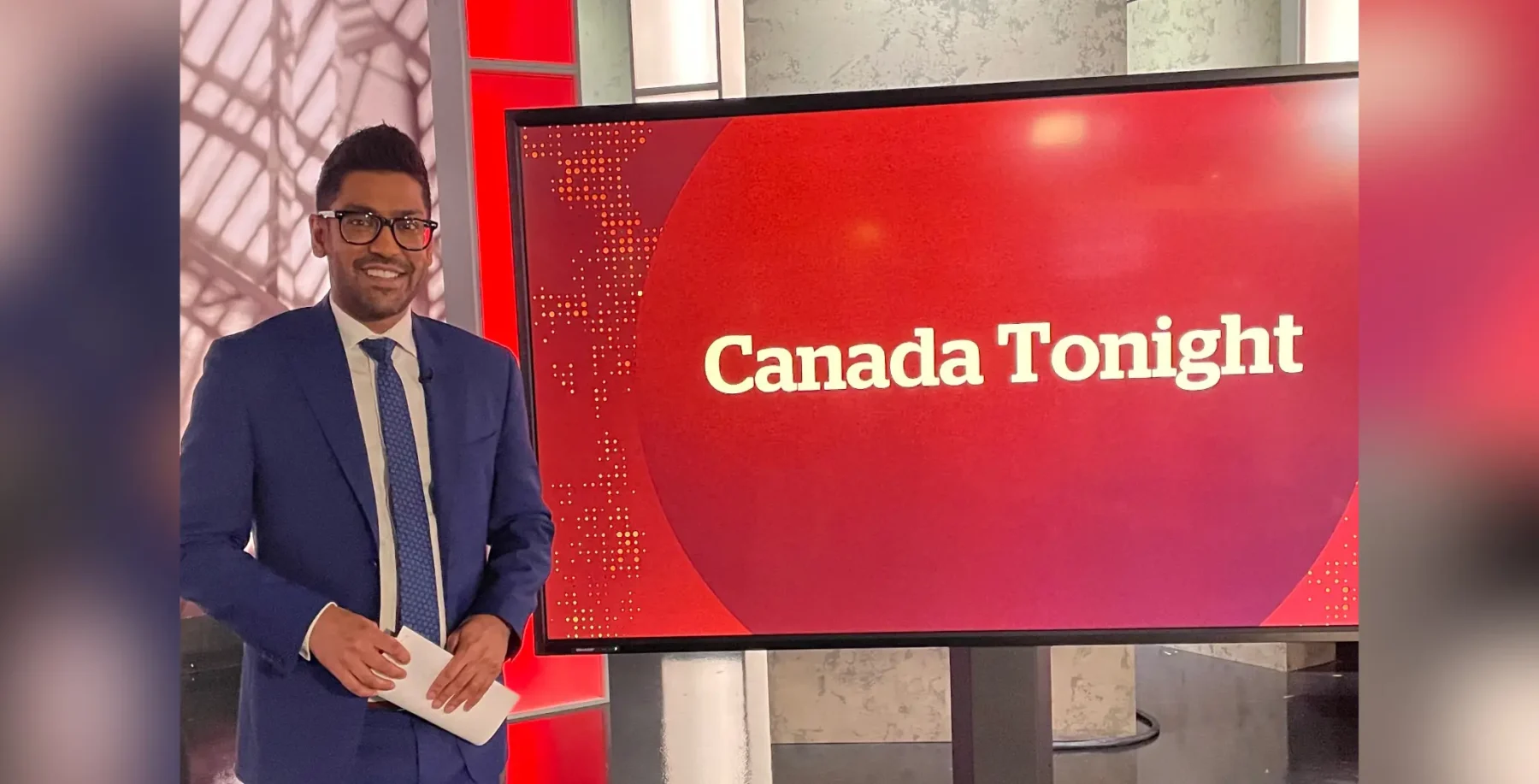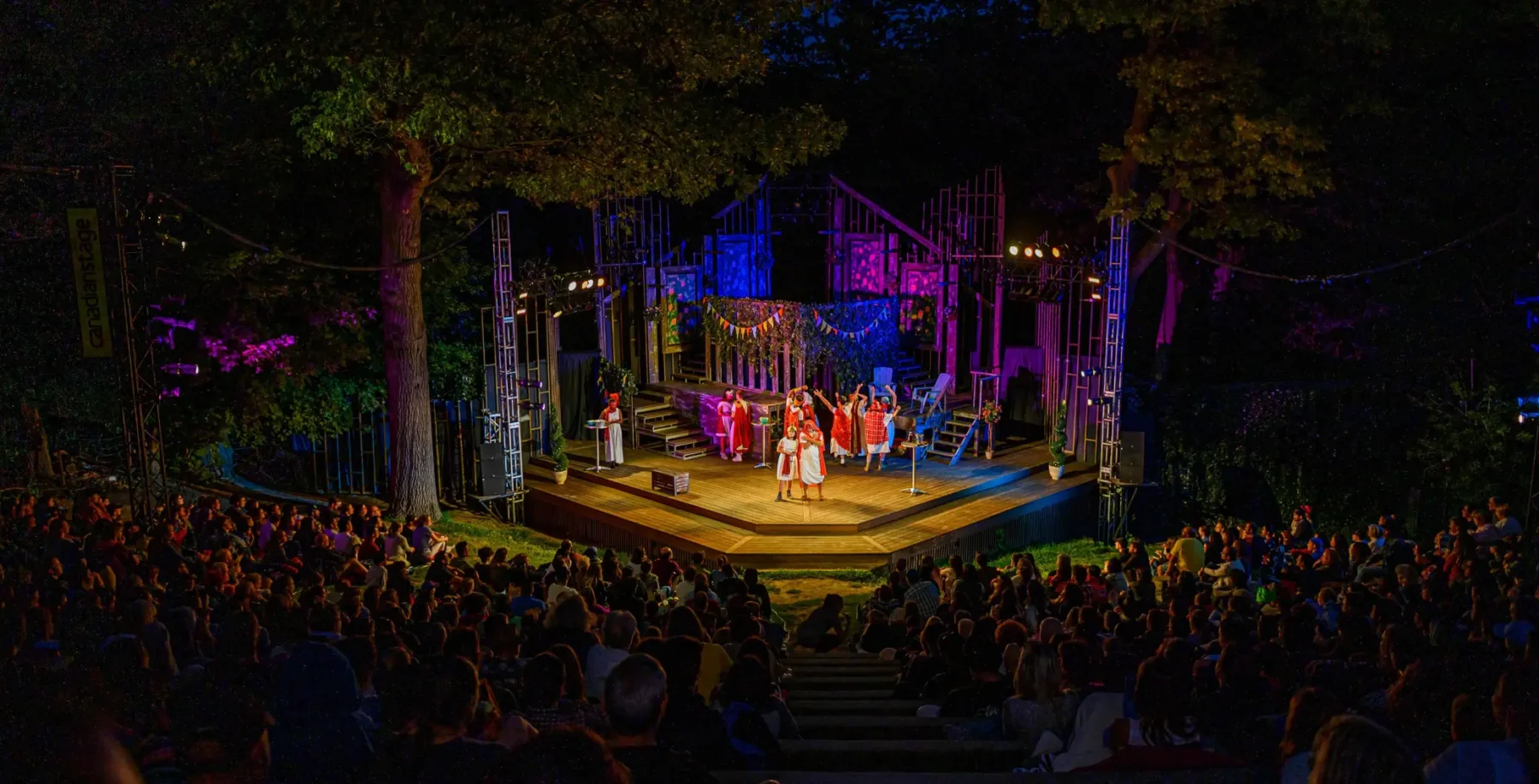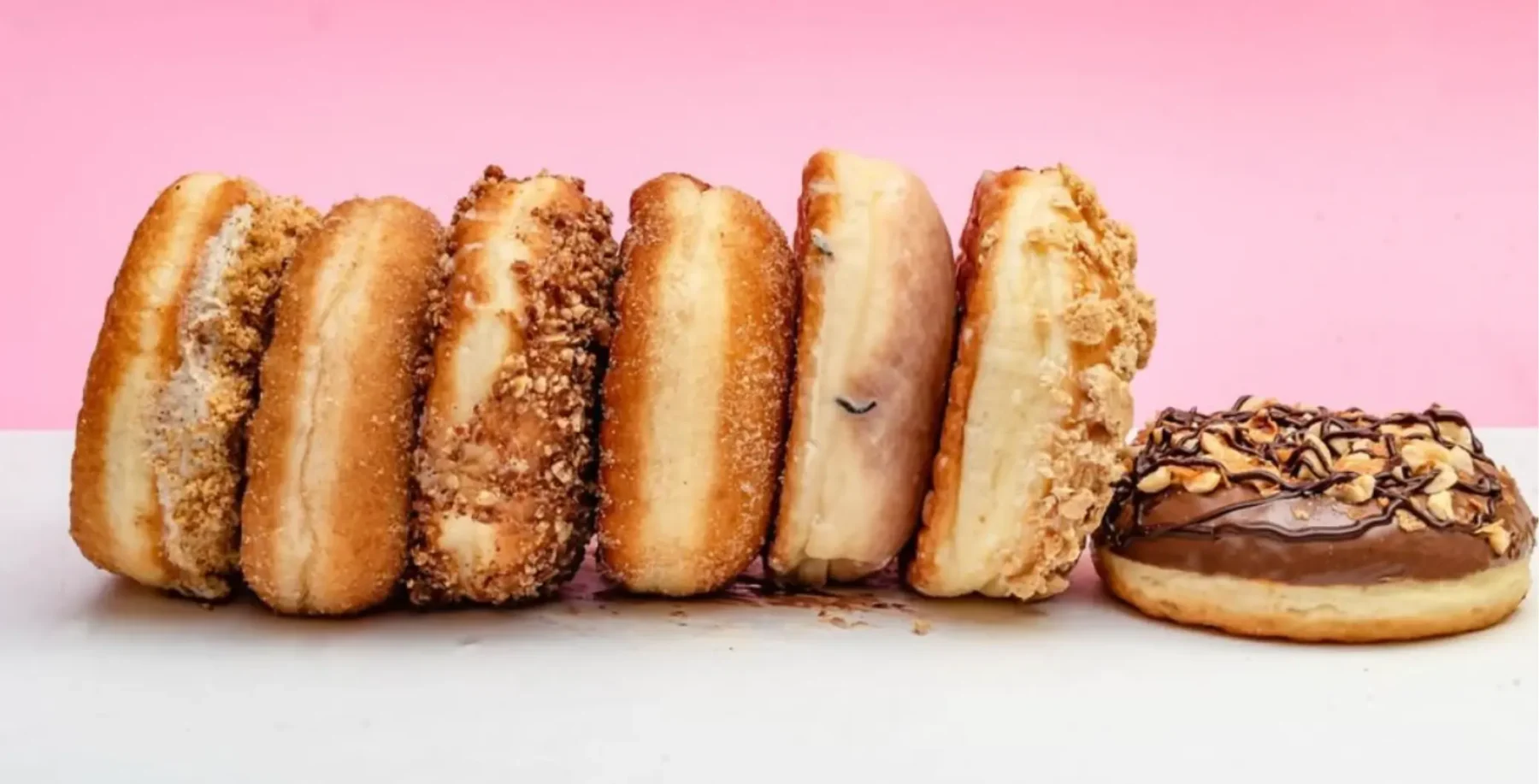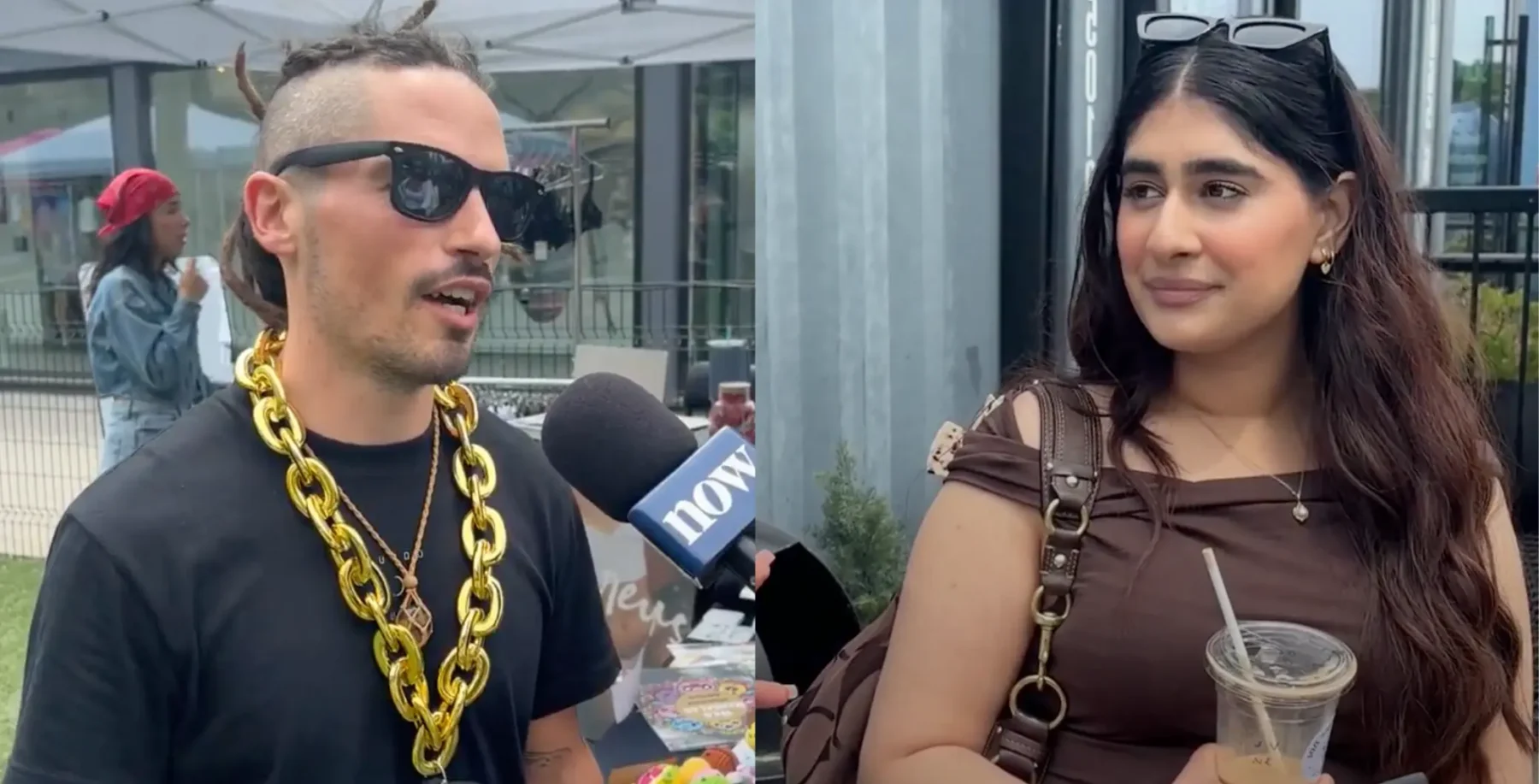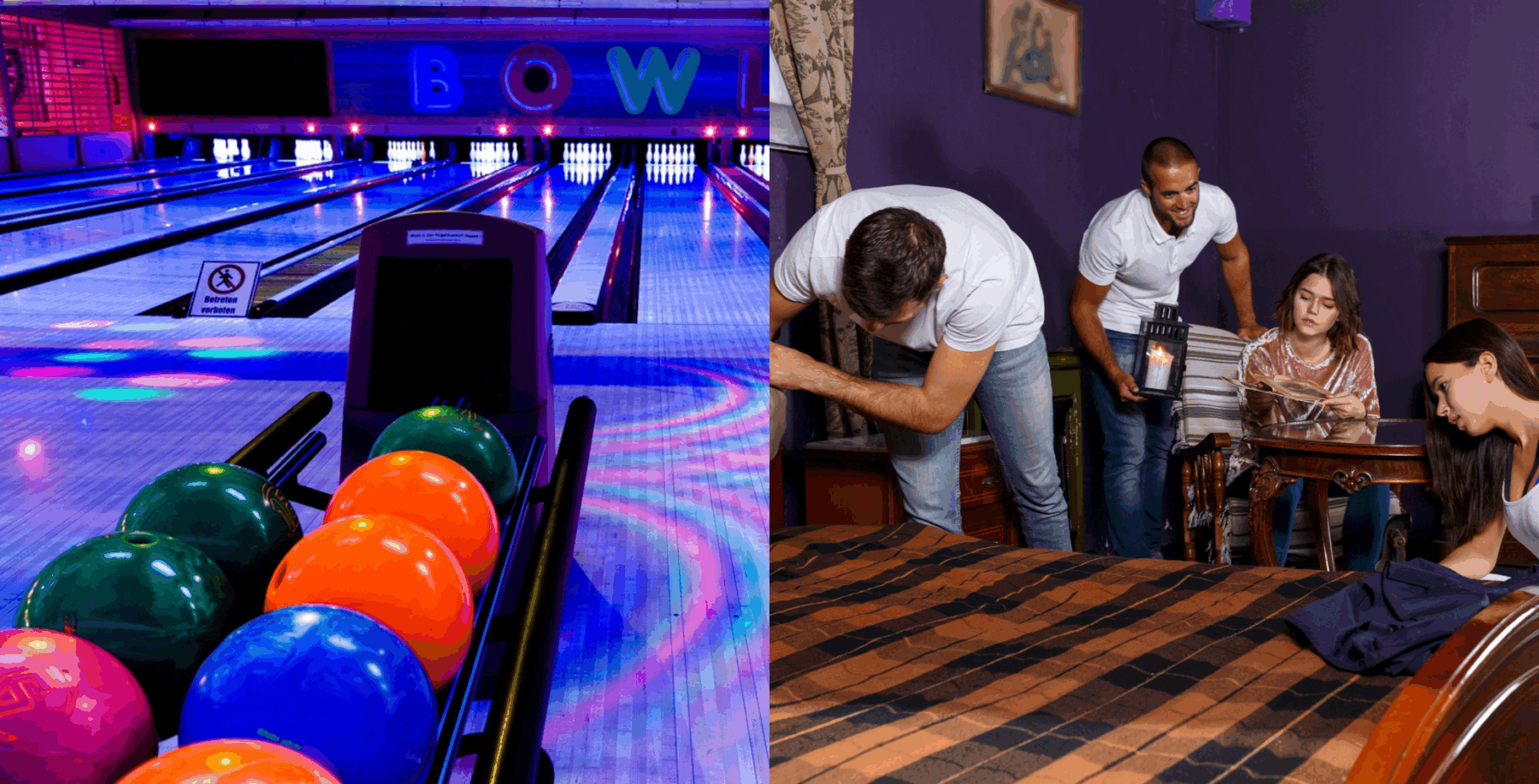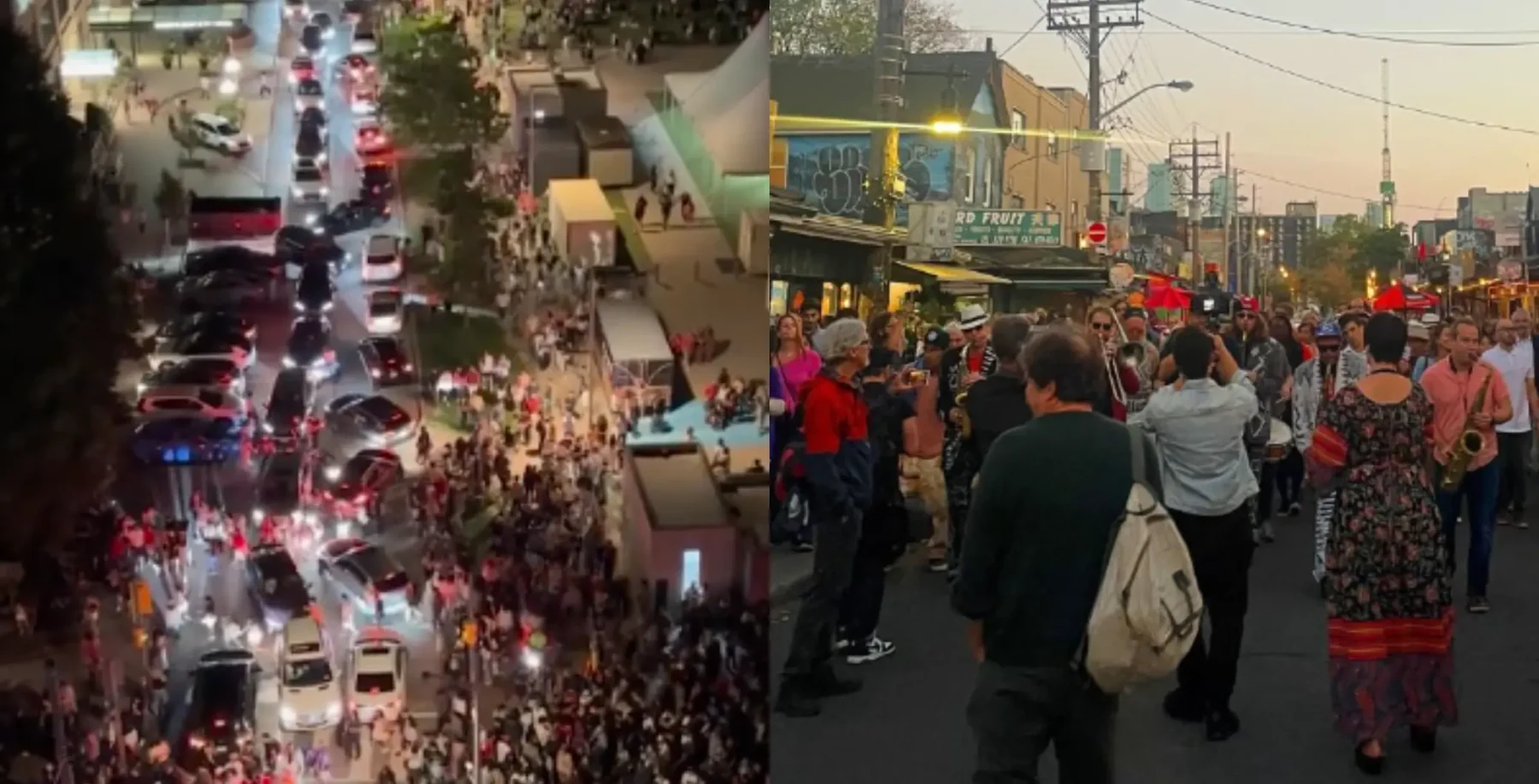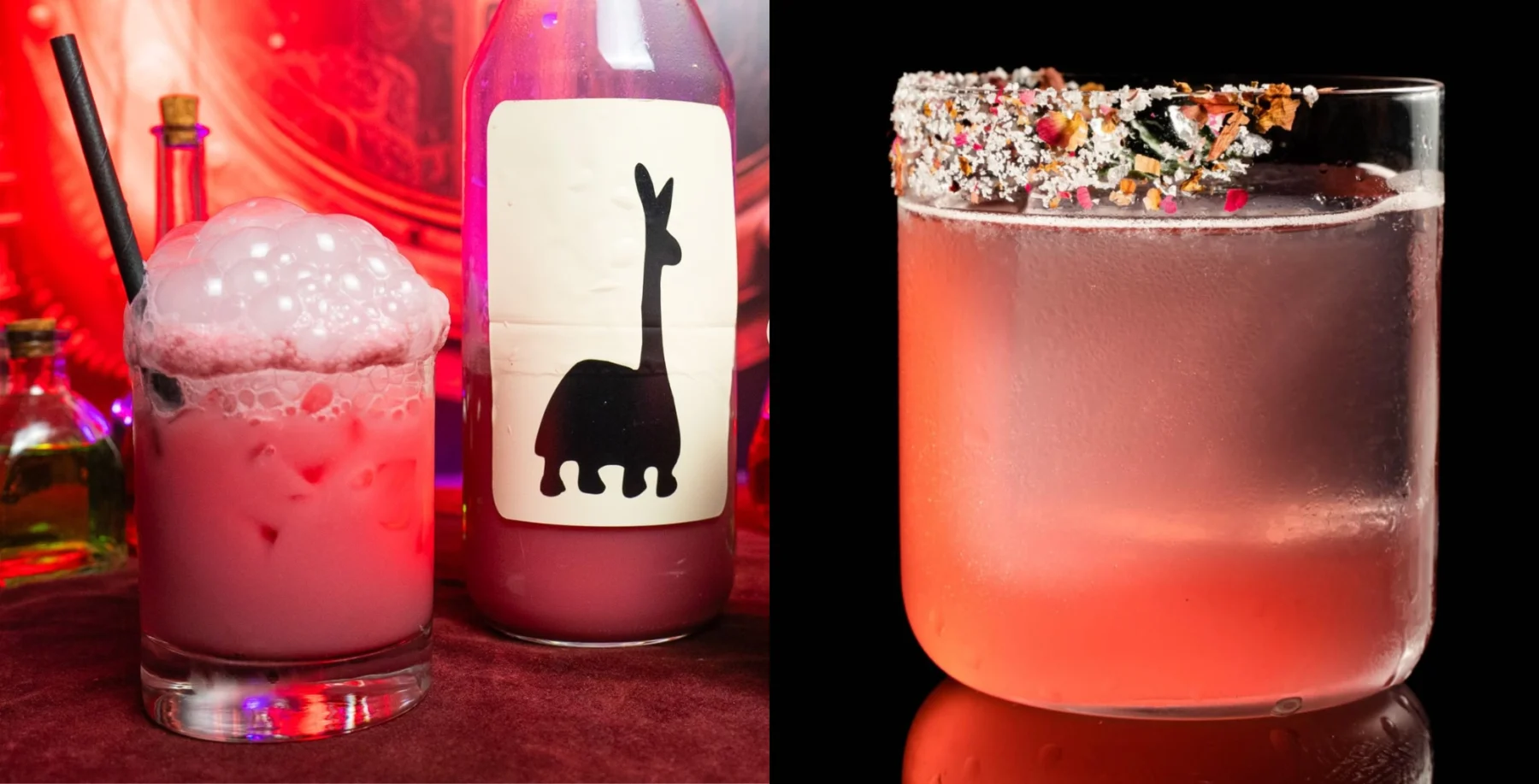
In 2009, Gillian Robespierre and comedian Jenny Slate made a short movie called Obvious Child. Four years later, they expanded it into one of this year’s most engaging first features – a charming, clever romantic comedy that’s been building steam on the festival circuit since Sundance, with special attention placed on Slate’s breakout lead performance.
Expanding considerably on the character she played in 2009, Slate’s Donna Stern is now a stand-up comic having a crisis of confidence during one especially grim New York winter. Over the phone, Robespierre talked about character development, comedy and the sort of stand-up that makes her want to flee the room.
What made you decide to make a movie set in this world? Have you done stand-up yourself?
No, I’m not a stand-up comedian at all. I actually had severe stage fright until we started doing all this. I’m just a fan. I used to go to UCB and Rififi and such places as a fan of it. My dad turned me on to Lenny Bruce when I was little, and I listened to a lot of comedy records with him. I’ve just been sort of a spectator of it for a while.
Is that where you met Jenny Slate?
Well, we actually didn’t meet. She was doing the free comedy show Big Terrific in Williamsburg, and we were looking to cast the role of Donna [in the short] but we hadn’t found anyone yet. So we were in pre-production and we just stumbled into Big Terrific and she was on stage. I sent her the script to the short, and a couple of days later we were sitting around my kitchen – the co-creators, Anna [Bean], Karen [Maine], myself and Jenny – just sort of talking about Donna, talking about the story we wanted to tell [and] our lives. We had some beers and the friendship sort of took off from there.
Is the feature film radically different from the short?
It’s a lot different, but the structure is sort of the same. Donna was not a stand-up comedian in the short because we just didn’t have time for all of that she was a freelancer. We didn’t even have time to make up a job! [laughing] She gets dumped in the beginning and she has a one-night stand, and then she discovers she’s pregnant – and on the way to the health centre she bumps into the one-night stand. “They have a great first date in an unlikely location,” that was sort of our little tag line. It was 20 minutes long and Donna was still a very naturally funny woman who definitely saw life through a comedic lens. She just wasn’t an actual stand-up comedian.
Four years passed between making the short and the feature. Did the concept evolve?
We were all a lot younger – Donna was like 25 – and we didn’t really have conflict with the Max character [Jake Lacy] being her polar opposite. He was more of a hipster, I guess, although I hate to say that word. So when we sat down to create the feature, it was really more about finding that conflict. It was never going to be in the decision of whether or not Donna will have the abortion that was always crystal clear to us, and a carryover from the short. It was really about expanding her world, and [meeting] her parents. In the short, the dad wasn’t a character. The mom was, but only in a phone conversation. We never saw her, and [she] was played by my mom. We just tried to get down to “How are we gonna create a really entertaining romantic comedy, but also create conflict?” Because I think that’s a really important [element] to have in a film. So we focused on her confidence, her love life, her friends and parents.
You mentioned Donna’s confidence, and that was the hook for me, far more than the abortion angle or even the romantic comedy – just watching that character figure out where she stands in the world was really compelling.
She starts off feeling out of control and feeling like things are being done to her. She’s not really very active in her own life, just stalking [her ex] and feeling like she has no control over walking away. And she does. I don’t think we can control everything, nor should we want to – and that’s a different movie, about a control freak. Donna definitely needs to grow up in the sense of taking ownership of her voice not just onstage but also offstage. She has the strength to be more active in her choices – not just the choice to have an abortion, [but] the choice to trust people again, and to trust herself. She’s trying to find trust in her voice, and in other people.
Having seen Jenny’s stand-up a couple of years ago, I was also impressed by the different angles in Donna’s act. How did the two of you find the character’s voice, and differentiate it from the Jenny’s?
I guess it started with just being a fan of stand-up comedy, and of Jenny Slate’s comedy in particular. The alt [comedy] scene in New York was starting to get good, and people of my age group were going up and really being confessional and telling stories about their lives instead of lining up a punchline and moving on to the next topic. Or doing stuff like attacking people in the crowd.
I hate those comics.
I would leave. I would get so nervous that a comedian is going to, like go through my purse and make fun of me. That’s like a very old time 80s style of crowd work. Like, I hate that. But Jenny and her companions were doing something really cool, which is just telling stories about their lives and being very personal, and humanizing all of our experiences through humour. And I’m a big fan of that style – and of that style of living, really. I use humour as well.
So when crafting Donna, we just sort of took that sort of vibe. I hate using that word, “vibe.” I’m sorry for saying “vibe.” Tone. We took that tone, and put it into this character. She’s maybe raunchy at times, but we tried to make someone very vulnerable as well, and empathetic. Somebody who’s not always going to say the right thing, but when she does make mistakes, it’s not done in a sarcastic, unthoughtful way.
You’ve been touring with the film since Sundance. What’s the feedback been like?
That people are connecting to our movie is just really powerful and exciting, because that was our hope. You don’t make a movie just for yourself – even though sometimes that’s what happens. But men and women were coming out to our word-of-mouth screenings, and now we’re hosting Q&As for actual paying audiences – it’s been received with warm and welcoming arms, and a lot of people come up to us after Q&As and just say really great things. It’s encouraging to know that people are psyched for this story to be told.
The short was online for a while, but now it’s disappeared. Is there anywhere to find it now?
We’re gonna put it on the DVD extras. That’s our goal.
See interview with Slate here.

